Understanding Your Electrical Panel
The Electrical Panel acts as the heart of your home’s electrical system, distributing electricity to various circuits throughout your property. It serves several crucial functions, from managing power flow to providing safety features that protect your home from electrical hazards. Understanding the components and types of electrical panels can help you make informed decisions about their maintenance and when it may be appropriate to upgrade.
What is an Electrical Panel?
An electrical panel, often referred to as a breaker box, is a metal box with a series of switches (circuit breakers) that control the flow of electricity into your home. It is connected to your utility provider’s power supply and is responsible for distributing that power to different areas of your home through a network of circuits. Each circuit corresponds to a specific area or appliance, such as lighting, heating, and cooling systems, ensuring that they each receive the appropriate amount of electricity.
Components of an Electrical Panel
The primary components of an electrical panel include:
- Main Breaker: This is the primary switch that controls the entire power supply to your home. It can cut off all electricity in case of an emergency.
- Circuit Breakers: These are individual switches that protect specific circuits from overload by tripping when the current exceeds a certain limit.
- Bus Bars: These metal strips conduct electricity and distribute it to the various circuit breakers within the panel.
- Grounding System: This component provides a pathway for electricity to safely discharge in case of a fault, protecting the house and its occupants.
- Neutral Bus Bar: This is a component where the neutral wires from the circuits connect and help facilitate the return flow of electricity.
Common Electrical Panel Types
There are several types of electrical panels, each suited to different electrical needs. Common types include:
- Fuse Boxes: These have been largely replaced by circuit breaker panels in modern homes but are still found in older properties. They contain fuses that melt in case of overload.
- Circuit Breaker Panels: The most common type today, these panels feature individual breakers that can be reset after tripping.
- Main Breaker Panels: These are equipped with a main breaker to control the entire electrical supply while allowing for multiple branch circuits.
- Sub-Panels: These are smaller panels connected to the main panel and serve as power sources for specific areas in larger homes.
Signs You Need to Upgrade Your Electrical Panel
Upgrading your electrical panel can prevent potential hazards and improve your system’s efficiency. It’s essential to recognize the signs that indicate it may be time for an upgrade.
Increased Power Demand
If you’ve added new appliances or electronics to your home, you may demand more power than your current panel can handle. Modern households are increasingly reliant on numerous devices, including high-demand items such as central air conditioning systems, electric heaters, and large kitchen appliances. An upgrade might be necessary if you notice any of the following:
- Constantly tripped breakers when multiple devices are used simultaneously.
- Flickering lights or dimming when appliances are turned on.
- Repeatedly blown fuses.
Frequent Breaker Trips
Frequent trips can be a sign that your electrical panel is overloaded or that it is not functioning correctly. An upgrade may be needed if you experience:
- Breaker trips on a specific circuit when devices are powered on.
- Burn marks or signs of physical damage on the breaker panel.
- Unusual noises, such as buzzing or crackling, emanating from the panel.
Age of the Electrical Panel
The age of your electrical panel can significantly affect its performance. If your electrical panel is more than 25 years old, it might be time to consider an upgrade to ensure safety and efficiency. Older panels may not meet current electrical codes and safety standards, making them susceptible to hazards such as electrical fires. If your panel is outdated, consulting a professional for evaluation is highly recommended.
Benefits of Upgrading Your Electrical Panel
Investing in a new electrical panel entails substantial benefits that enhance your home’s safety, efficiency, and overall value.
Improved Safety Standards
Upgrading to newer electrical panel technology often means increased safety features that can significantly lower the risk of electrical fires and malfunctions. Modern panels come equipped with advanced circuit breakers that can detect faults or excess current flow and react quickly to prevent emergencies. Additionally, new panels comply with modern electrical codes, ensuring that your installation remains up to standard.
Enhanced Energy Efficiency
Modern electrical panels can improve your home’s energy efficiency. Older panels often feature outdated technology that may not effectively manage energy use. Newer models have enhanced power management features, allowing for better distribution and usage tracking. As a result, you can lower your electricity bills while maximizing usage.
Higher Home Value
An updated electrical system can have a significant impact on your property’s resale value. Homebuyers are increasingly aware of electrical safety and efficiency, with well-maintained, updated electrical systems being a priority. A new electrical panel enhances your home’s appeal and can result in higher offers during sales negotiations.
Choosing the Right Electrical Panel
When considering an electrical panel upgrade, it’s crucial to select the right one for your needs. Understanding the factors that influence your choice will help you make an informed decision.
Factors to Consider
Several factors need to be evaluated when selecting an electrical panel:
- Capacity: Determine the capacity of the panel you require. Typically, panels are available in 100, 150, and 200 amp configurations to suit different households.
- Type of Breakers: Consider whether you need a panel with standard breakers, GFCI breakers (for wet locations), or AFCI breakers (for fire prevention).
- Space Requirements: Ensure that there is enough space for the new panel installation and that it meets local codes regarding placement.
- Future Expansion: Anticipate future electrical needs. Investing in a larger panel now can save you from future replacements.
Types of Panels Available
When selecting an electrical panel, you may come across several types. Some of the common panel types include:
- Main Breaker Panel: Controls overall power supply with room for additional breakers.
- Sub-Panels: Useful for homes with extensive electrical needs, allowing additional circuits without needing a complete rewire.
- Smart Panels: Featuring technology that allows monitoring and control through an app, smart panels cater to tech-savvy homeowners looking for modern solutions.
Consulting Professionals for Recommendations
There is no substitute for professional insight when it comes to electrical systems. Consulting with a qualified electrician can provide recommendations tailored to your specific needs based on your home’s size, layout, and power usage. An electrician can conduct an in-depth assessment, ensuring that you choose an electrical panel that provides the capacity and features needed for optimal performance.
Installation Process for New Electrical Panels
Upgrading your electrical panel should be completed by a licensed electrician to ensure safety and compliance with local electrical codes. Understanding the installation process can help homeowners prepare for the upgrade.
Hiring a Licensed Electrician
Choosing a qualified electrician for your electrical panel installation is critical. Look for electricians with proper licensing, insurance, and positive customer reviews. A licensed professional brings essential expertise and familiarity with local codes, ensuring that the panel is installed correctly and safely.
Cost Considerations
The cost of upgrading an electrical panel can vary widely depending on several factors, including:
- Type of panel selected (standard vs. smart panels).
- Labor costs in your region.
- Additional electrical work required for installation.
On average, homeowners can expect to spend several hundred to a few thousand dollars for a panel upgrade, including materials and labor. Obtaining quotes from multiple electricians can help you find a competitive rate while ensuring quality work.
Permits and Regulations
Before proceeding with an electrical panel upgrade, be sure to check local regulations regarding electrical work in your area. Most municipalities require permits for electrical upgrades to ensure that the work is up to code and safely performed. A licensed electrician should handle these permits as part of their service, but it’s good to be aware of your local requirements.
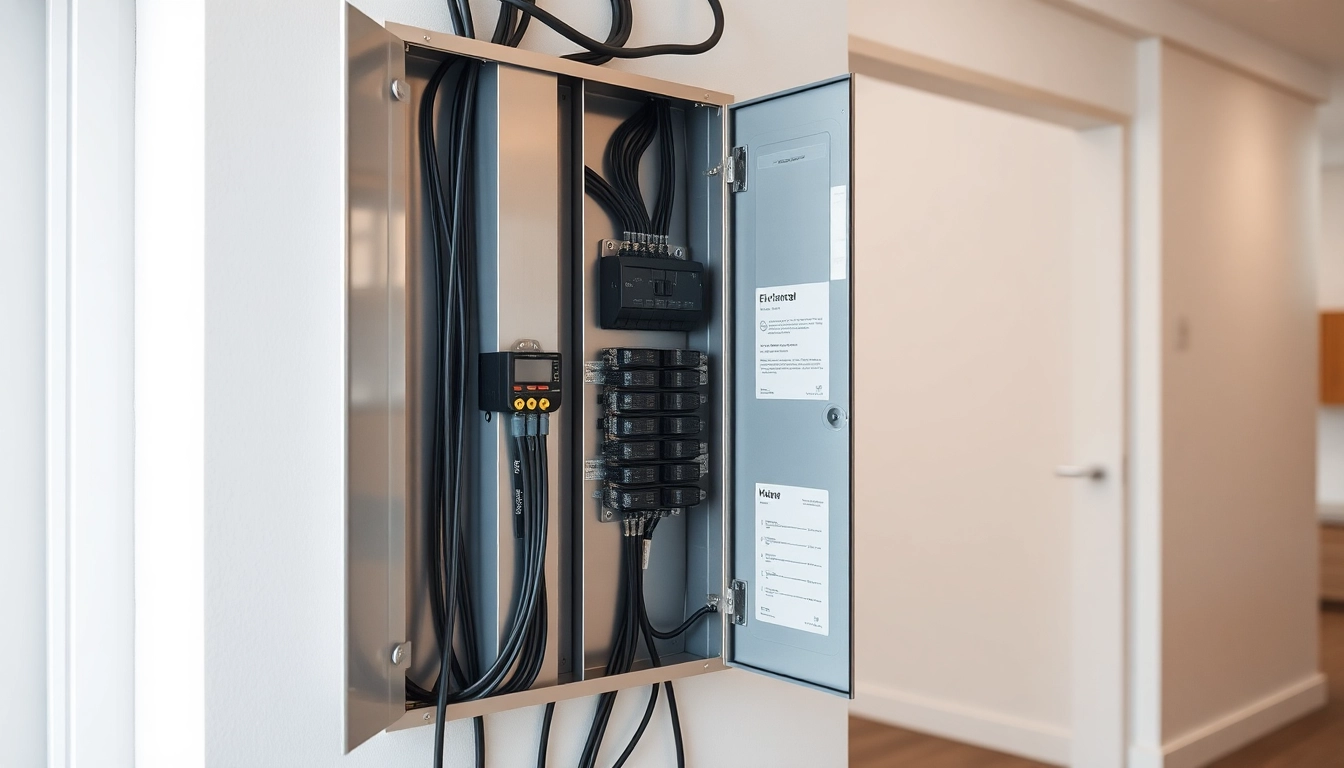
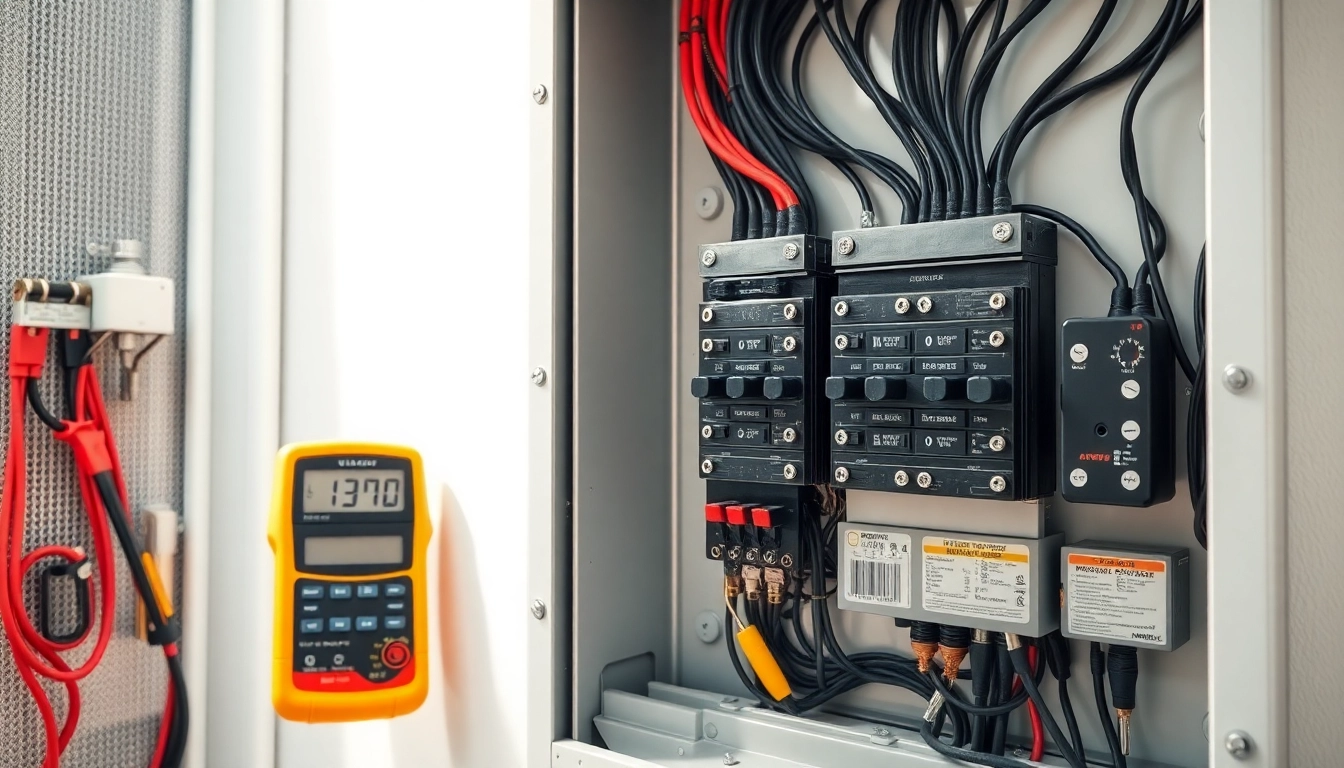
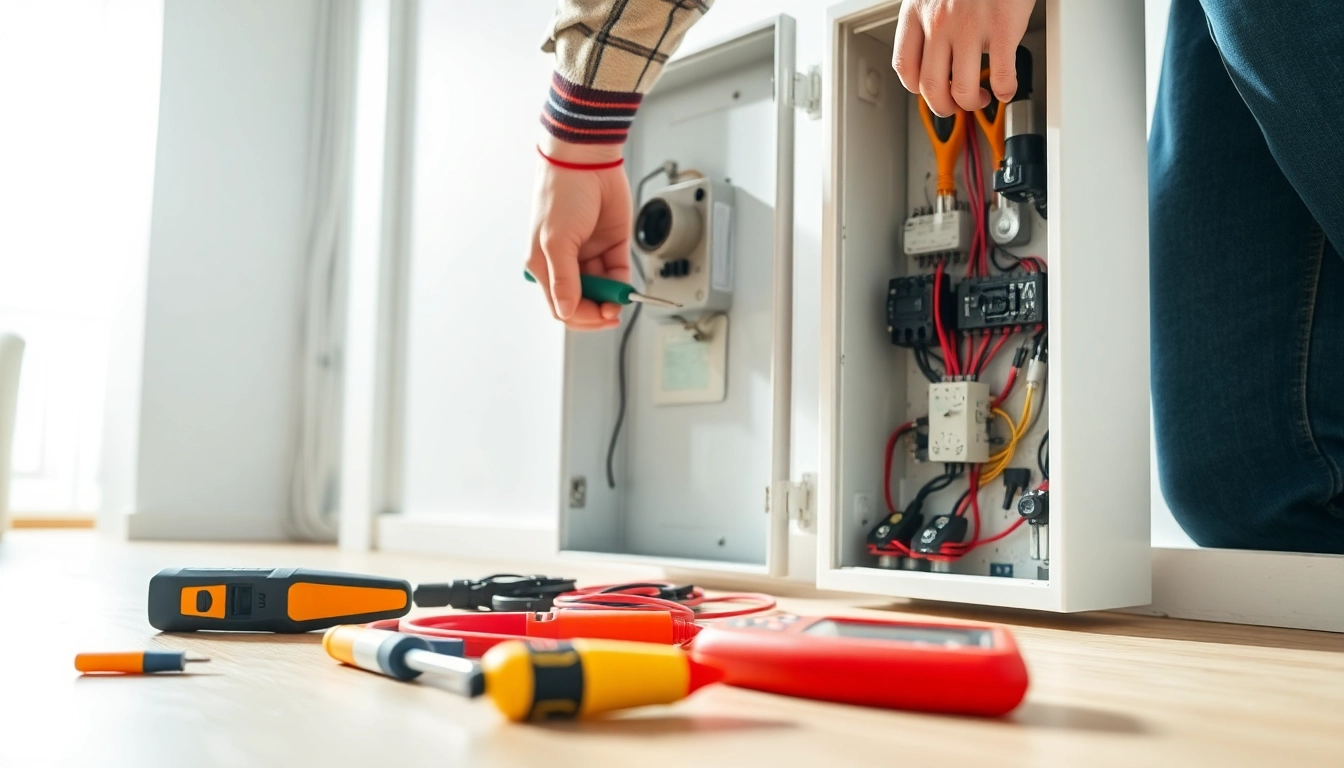




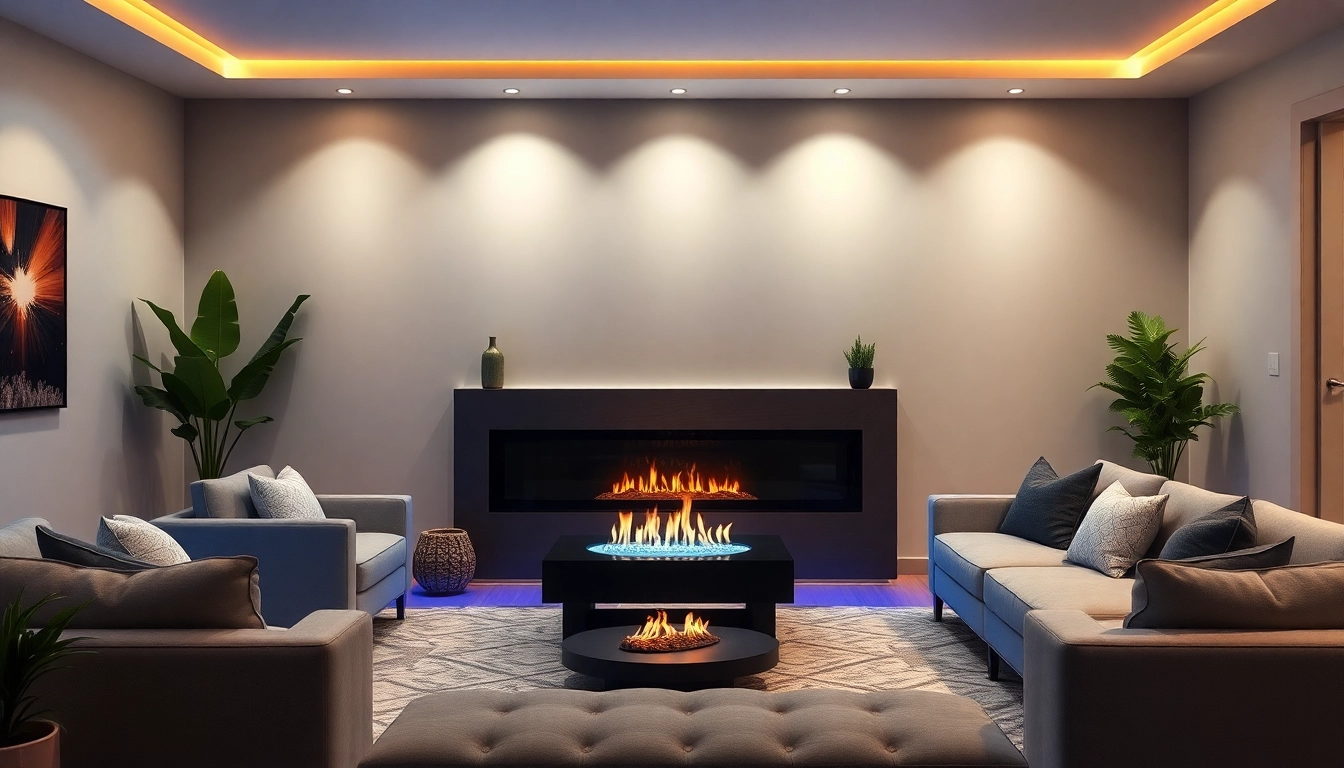

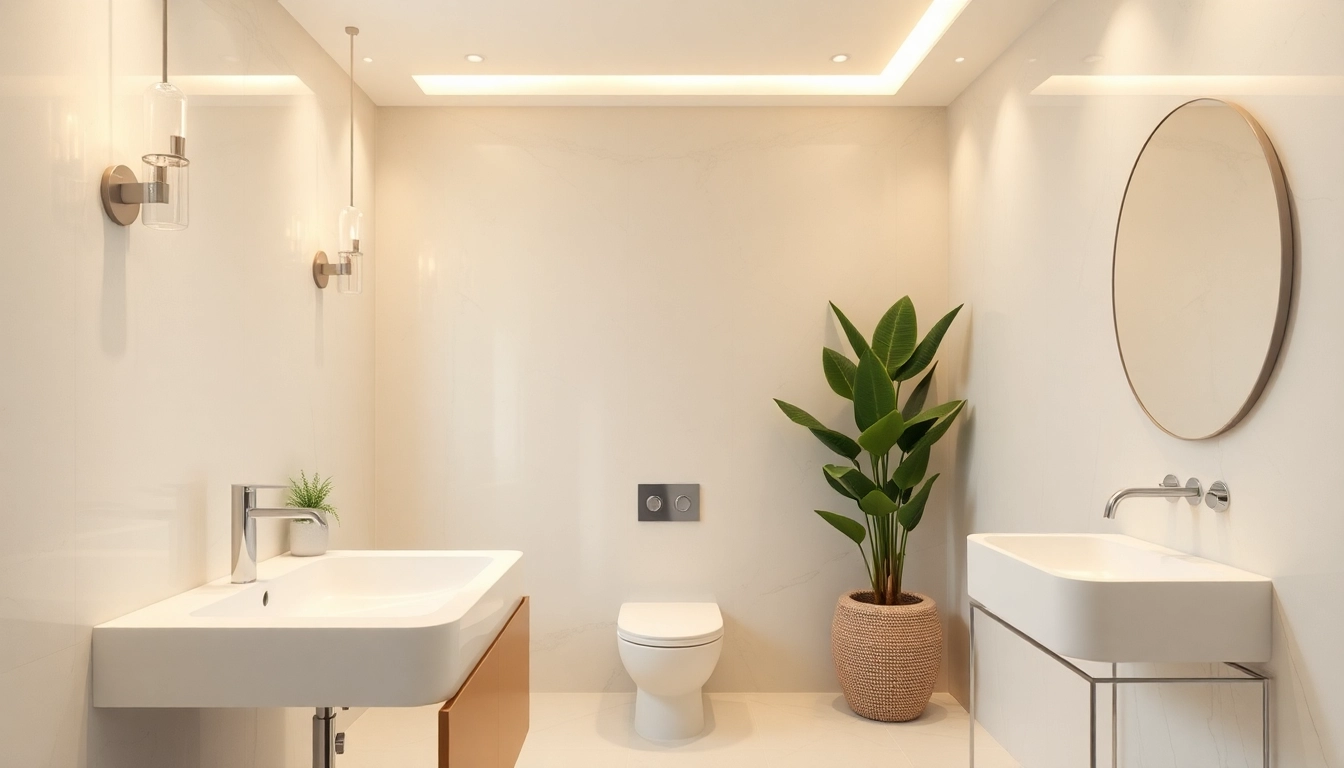





Leave a Reply